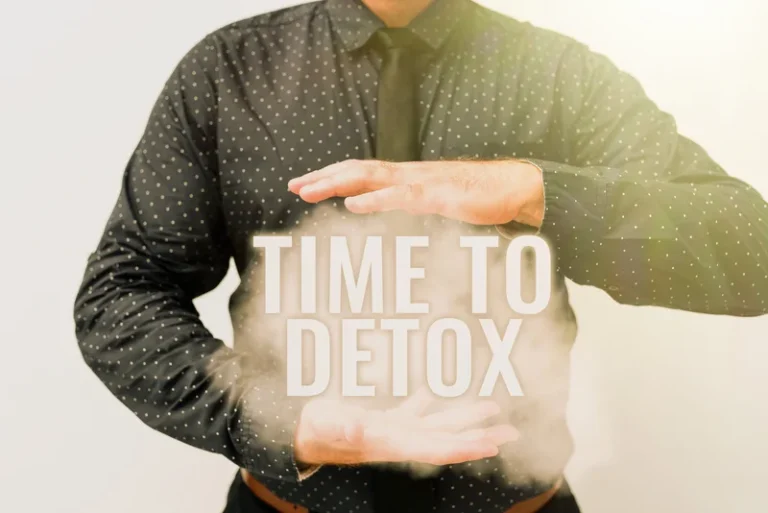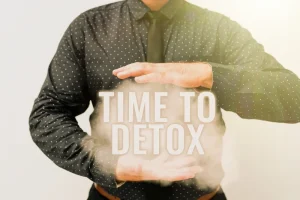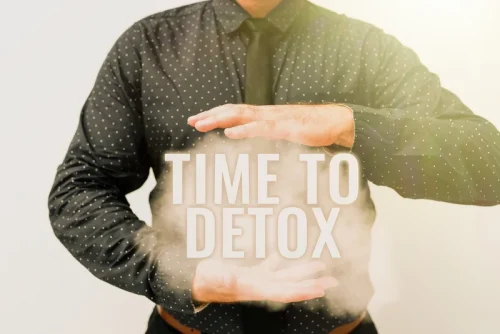
Evidence shows that treating PTSD and substance use at the same time works to treat both conditions. Some people choose to do different therapies for PTSD and SUD at the same time. Complex trauma and AUD are often intertwined, as childhood trauma increases the risk of developing AUD. One 2020 study explored the direct and indirect links between types of childhood trauma to PTSD and alcohol misuse. CPTSD is a subtype of PTSD that develops in response to prolonged, repeated traumatic experiences, typically lasting months https://ecosoberhouse.com/ or years.
- Many people will suffer from PTSD symptoms for several months or years.
- By retraining your brain to embrace positive actions during these times, you pave the way for healthier habits.
- The link between trauma and increased risk for substance use disorders has been documented in research for many years.
- Trauma can leave you feeling overwhelmed, anxious, or emotionally numb, and alcohol is often used to self-medicate those feelings.
- PTSD treatment without concurrent alcohol treatment can lead to ongoing substance abuse and a return to PTSD symptoms.
PTSD UK Supporters Store
- Whether it’s every weekend or more frequently, consider alternative plans to disrupt this habit cycle.
- This review describes evidence-supported behavioral interventions for treating AUD alone, PTSD alone, and comorbid AUD and PTSD.
- Some studies have indicated that people who are diagnosed with PTSD and abuse alcohol may drink in an attempt to experience positive emotions.
Some studies suggest that up to 40 percent of women and men in the United States who have PTSD meet the criteria for an alcohol use disorder (AUD). Factors contributing to addiction to alcohol and PTSD sufferers include the severity and type of PTSD the person experiences. Both trauma symptoms and substance use disorders are mental health issues. Our researchers study treatments that may address both conditions at once, with the anticipation that this approach is likely more effective than treating each disorder separately. Department of Veterans Affairs medical centers, including the VA NY Harbor Healthcare System; psychiatric care and detox clinics at NYC Health + Hospitals/Bellevue; and an outpatient psychiatry clinic at NYU Langone Hospital—Brooklyn. Survivors of trauma often deal with intense emotions and constant stress, making alcohol appealing as a way to numb their emotional pain.
Develop a Support Network

Addressing both disorders, either by pharmacological interventions, behavioral interventions or their combination, is encouraged and likely to yield the most effective outcomes for patients with comorbid AUD/PTSD. For additional review of the two papers addressing behavioral and pharmacological treatments for comorbid SUD and PTSD, refer to Norman and Hamblen (2017). In many cases, those with PTSD may resort to alcohol to cope with symptoms they find unbearable. While alcohol initially offers a sense of relief, it eventually compounds the problem, trapping individuals in a cycle of trauma, alcohol usage disorders, and deteriorating mental health. And of course, if someone is using alcohol to mask the symptoms of PTSD, that means they may go longer without realising they have PTSD, so the root cause of the symptoms goes untreated. Addiction to alcohol and PTSD (Post-Traumatic Stress Disorder) are a tragically common pairing, especially among veterans.
Post-Traumatic Stress Disorder (PTSD) and Addiction: Signs, Symptoms, and Treatment
The differing theories behind sequential versus integrated treatment of comorbid AUD and PTSD are presented, as is evidence supporting the use of integrated treatment models. Future research on this complex, dual-diagnosis population is necessary to improve understanding of how individual characteristics, such as gender and treatment goals, affect treatment outcome. Participants are encouraged to obtain a sponsor who will serve as a source of practical advice and support during recovery. Studies that compare other outcomes related to treatment retention and symptom improvement, such as sleep, mood symptoms, somatic medical conditions, and safety profiles (including violence and suicidality), would also be helpful. The literature currently lacks studies that examine the association between premorbid functioning and the ability to engage in manual-guided, evidence-supported therapies. Also needed is examination of how adding PTSD-focused treatment to AUD treatment will be feasible in terms of treatment costs, training requirements, and staff workload.

One 2022 review investigated the effectiveness of psychological interventions, such as exposure-based therapy and CBT, for people with adverse childhood experiences at risk of PTSD and SUD. A 2023 study suggests post-traumatic disorders are among the most common co-occurring diagnoses in people with substance use ptsd and alcohol abuse disorder (SUD). A good treatment program will design a program tailored to your individual needs. It will help you process trauma, stop drinking, and learn new, healthier coping mechanisms going forward.
Problems with alcohol are linked to a life that lacks order and feels out of control. This lifestyle leads to distance from others and more conflict within a family. Because it is difficult to manage life with a drinking problem, it is harder to be a good parent. Amy Marschall is an autistic clinical psychologist with ADHD, working with children and adolescents who also identify with these neurotypes among others.
In a large sample of over 19,000 participants, prevalence rates of AUD, PTSD, as well as comorbid AUD/PTSD were found to be significantly higher in AIAN participants as compared to NHW participants. The highest prevalence rates of lifetime PTSD were observed in AIAN women, and the highest rates of comorbid AUD/PTSD were observed in AIAN men. Both the Werner and Emerson papers suggest the need to develop more tailored and comprehensive assessment methods, and develop more effective interventions to help reduce the heavy burden of trauma, PTSD and AUD in racial and ethnic minority communities.

A better understanding of AUD etiology among racial/ethnic minority individuals is an important and necessary next step in the development of effective interventions. These two condition can share a bi-directional nature, and may require dual diagnosis treatment in order to help one recover. Luckily, such programs exist, and can help one achieve recovery from PTSD and SUD. Comorbidity is common with posttraumatic stress disorder, and alcohol use disorder (AUD) is among the most common co-occurring disorders. When viewed through the lens of avoidance behaviors, AUD can shape an individual’s response to distressing trauma reminders by dulling the emotional response and promoting disengagement from the traumatic memory. Over time, this response strengthens posttraumatic distress by reinforcing the belief that traumatic memories and their emotional responses are themselves dangerous and intolerable.
Find Relief for PTSD and Alcohol Abuse at Vertava Health
They can provide specialized assessment and tailored treatment to address your unique needs and challenges. Evidence suggests that 1–8% of people in the larger population have CPTSD. Many people with complex PTSD use alcohol to self-medicate, which may lead to alcohol use disorder (AUD). Drinking as a coping mechanism is a form of avoidance, and this can mean that you only prolong your symptoms. Most people with PTSD have an urge to avoid any memories or flashbacks of the trauma. GABA is a neurotransmitter, or brain chemical, that reduces neuron activity and has a calming effect.

Many additional problems arise when someone with PTSD drinks, from worsening symptoms to less effective treatment. It is important to understand this connection and to seek professional, effective mental health treatment for PTSD instead of turning to alcohol. The Recovery Village aims to improve the quality of life for people struggling with substance use or mental health disorder with fact-based content about the nature of behavioral health conditions, treatment options and their related outcomes. We publish material that is researched, cited, edited and reviewed by licensed medical professionals. The information we provide is not intended to be a substitute for professional medical advice, diagnosis or treatment. It should not be used in place of the advice of your physician or other qualified healthcare providers.